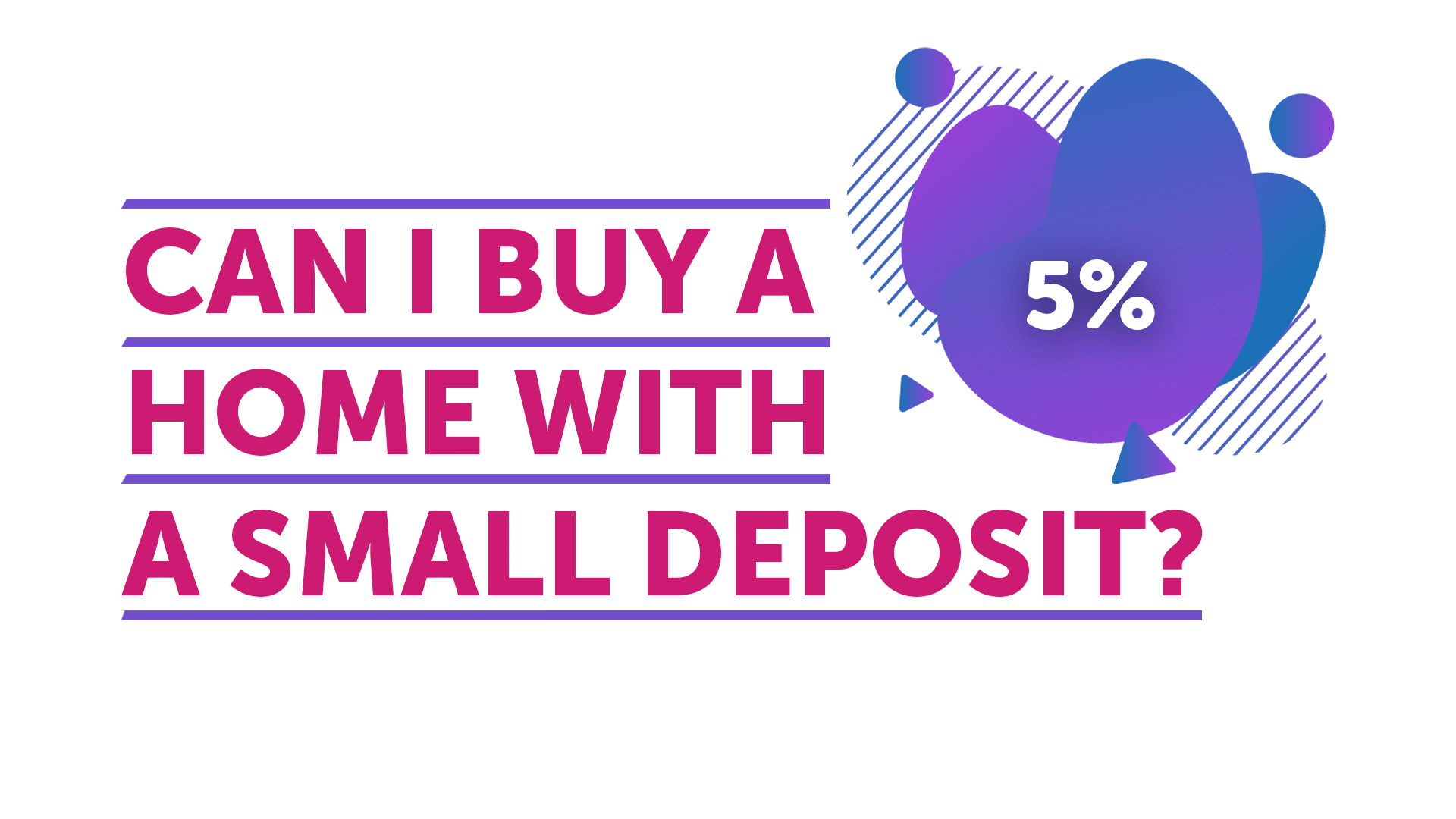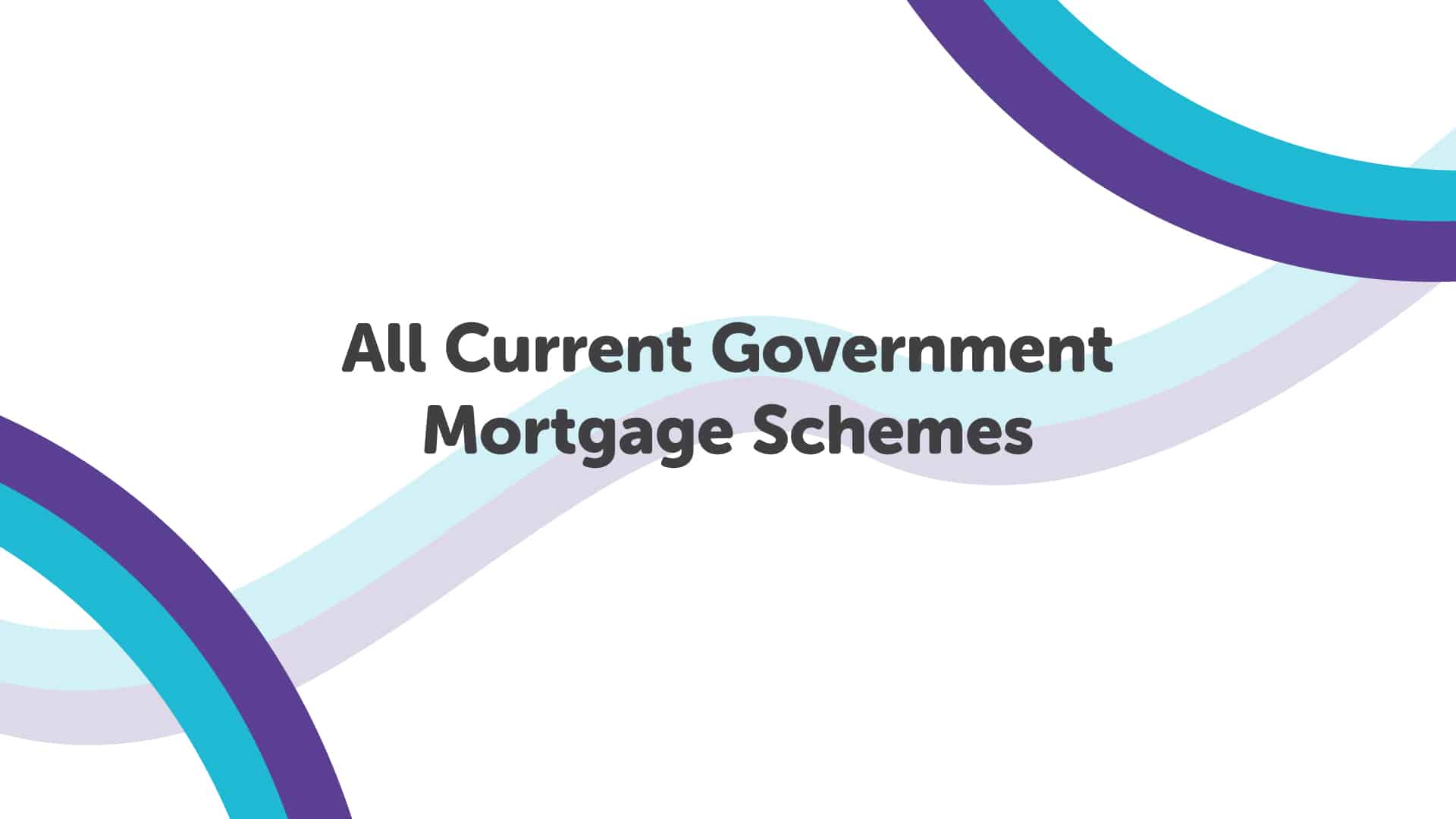Purchasing with Friends / Partner
When you’re a first time buyer in Leeds and you’re struggling to get onto the property ladder by yourself, the best and most practical solution can be to move in with a partner or friend. There are many benefits to doing this, for example, you would be able to make up your deposit faster, your application will look stronger with two sets of incomes and your mortgage payments will be equally split.
There are also downsides to taking a mortgage with friends or a partner, as you’re now financially linked with the person(s) that you take one out with. If one of your friends or your partner has adverse credit, a CCJ/default in their name or something that reflects badly on their finances, it could also affect you.
How many people can jointly own a property?
Up to four people are able to co-own a property. Joint owners have the legal right to stay in their home unless a court rules otherwise.
All homeowners will have to give consent before a party can sell or take out extra borrowing against the property.
Joint tenancy or tenancy in common – what’s the difference?
Joint tenancies are typically taken out by civil partnerships or married couples. If one party passes away, the property rights and ownership is transferred to the other owner. Joint tenants are seen as one owner, which means that you cannot sell the property or remortgage without an agreement from other parties.
Tenants in common are popular amongst relatives or friends who are buying together. Each party will have ownership over the property, however, they may not have equal shares. You can freely sell or give away a share of the property if you want, without an agreement from other parties. Some lenders may even let you take out a mortgage on your share, although, finding one that allows this may be difficult.
Joint Mortgages & Removing Names
What happens if you have a joint mortgage, but the other parties stop paying their share of mortgage payments?
Unfortunately, since you are jointly reliable for the mortgage and meeting the payments, if one party stops paying their share or misses a payment, the other parties will have to make up for the shortfall.
When you take out a mortgage, you will be expected to keep up to date with your payments. If a lender doesn’t think that you’re reliable, they won’t lend to you.
It can be more beneficial to speak to an expert and specialist mortgage advice in Leeds for help on this subject.
How do I remove my ex-partner’s or my name from a mortgage?
Removing your own or an ex-partner’s name from your mortgage can be difficult, it’s not as easy and approaching your mortgage lender and taking off the name. Removing financial links as a whole can be tricky, and it’s usually because one of the parties cannot afford to live on just one income or there are children involved.
When it comes to mortgages, even if there is an agreement that one of the parties will not contribute towards the mortgage payments, if their name is still listed on the mortgage, they’re still responsible for them. Furthermore, in the event of mortgage arrears, both parties are responsible.
If your ex-partner is the party keeping the mortgage, the lender has to be adamant that the remaining applicant can afford the payments, and vice versa, if you are the one with the mortgage, they need to know that you can afford the payments by yourself.
More often than not, in a situation like this, there is a family member or another partner ready to step in and help with the payments. As a mortgage broker in Leeds, we are here to help you through this difficult time and help you sort the mortgage side of the process.
Date Last Edited: September 20, 2024














